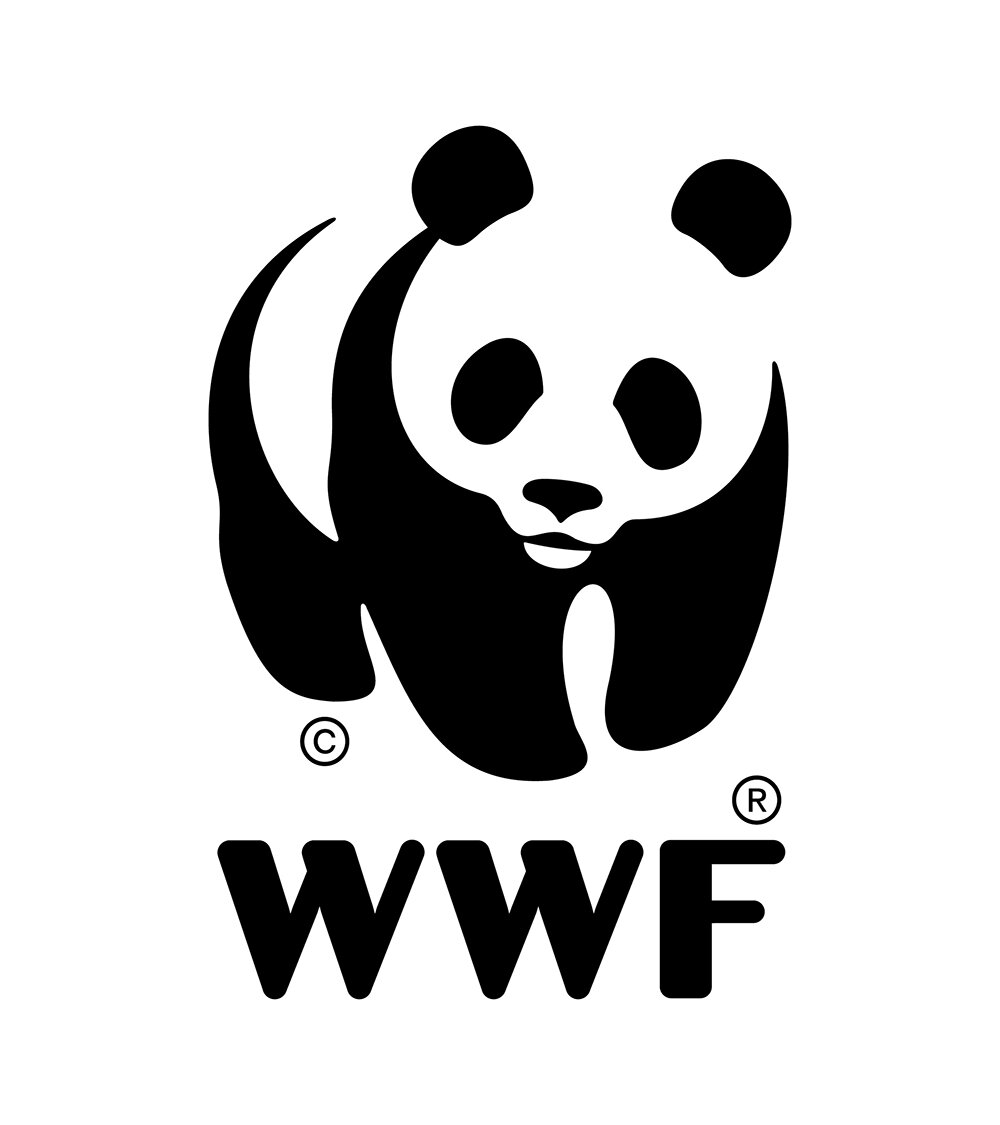WWF-University of California Santa Cruz Report: Whales of the Antarctic Peninsula
Science and Conservation for the 21st Century
Satellite tracking is unlocking the mystery of exactly where baleen whales feed on krill, highlighting the need for increased protection of the Western Antarctic Peninsula – a feeding hotspot. Maps of the satellite tracking reveals humpbacks rely heavily on the Peninsula for feeding and resting.
The report was released on the eve of the 2018 Commission for the Conservation of Antarctic Marine Living Resources (CCAMLR) meeting in Hobart, Australia, which is considering new proposals for Marine Protected Areas, including one in the Antarctic Peninsula.
The report explains, the Antarctic Peninsula and its amazing wildlife including baleen whales are under increasing pressure from climate change, krill fishing and a growing tourism industry.


